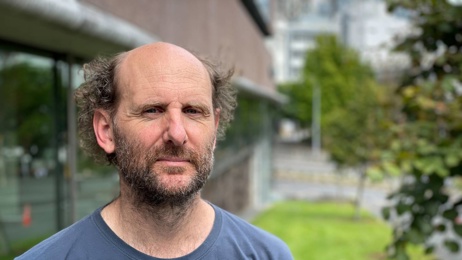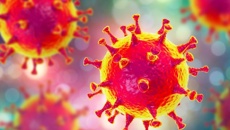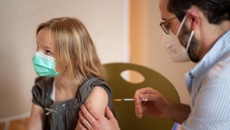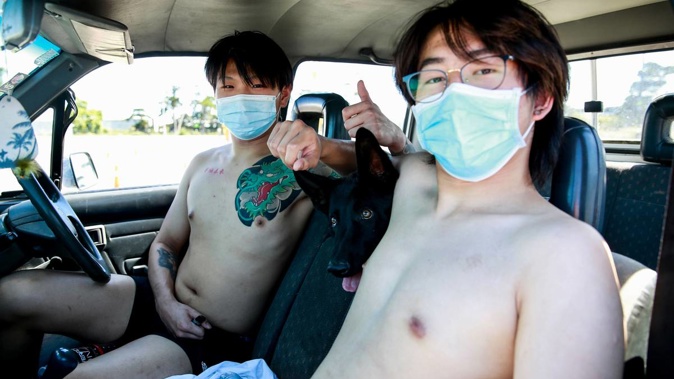
The first Covid-19 update of the new year have been released - there are 105 community cases from the past two days.
There are two new Omicron cases at the border, taking the total number of Omicron border cases to 90 so far.
There are no reported cases of Omicron in the community, the Ministry of Health's data shows.
Two deaths have been recorded in Auckland City Hospital in the past 48 hours.
The Ministry of Health said both families have requested that no information about their loved ones be shared publicly.
The latest two deaths raises New Zealand's Covid-19 death toll to 53.
Where the new cases are
There are 71 new cases in Auckland over the last two days.
A total of 1264 people are isolating in our largest city - including 355 people with Covid at the moment.
Health officials have also confirmed that there are now six cases of Covid-19 at the Everil Orr Care Centre in Mt Albert, Auckland.
They are made up of five residents and one staff member.
"One of the residents, who tested positive on December 30, is in hospital and is currently in a stable condition," the Ministry said.
In the Waikato region, seven new cases of Covid have been reported in the last two days.
There are 53 people isolating at home in Waikato.
In the Bay of Plenty, a total of 22 new cases have been reported in the last two days.
Of those, 15 people are in Tauranga, five are in the Western Bay of Plenty and two people are in the Eastern Bay of Plenty.
Four new cases of Covid have been reported in Rotorua in the last two days.
All cases are isolating at home or in managed isolation.
Covid cases in hospital
There are 43 people fighting the virus in hospital - the majority of patients in Auckland.
Eight people are at North Shore Hospital, 12 in Auckland City Hospital and 19 at Middlemore.
Two people are in hospital in Tauranga and one each at Lakes and Waikato.
Five people - three in Auckland and two in Tauranga - are in an intensive care unit or high dependency unit.
Coromandel case
The latest data comes as a positive case has been identified in a holiday hotspot in Matarangi, Coromandel.
A Waikato District Health Board spokesman confirmed that a Whitianga case location identified yesterday will now be reclassified as Matarangi.
However, no further information about the cases will be released at this time, he said.
"The individual has a right to privacy which is not outweighed by public health factors.
"There are no locations of interest in Matarangi at this time."
There was no official 1pm statement released by the Ministry of Health yesterday - a rare occurrence in the Covid response New Zealanders have become used to over the last two years during the pandemic.
Health officials did, however, urge Kiwis to get out and get their booster vaccination shots as soon as they are able to; saying it was "key" to protecting New Zealanders from the highly transmissable Omicron variant.
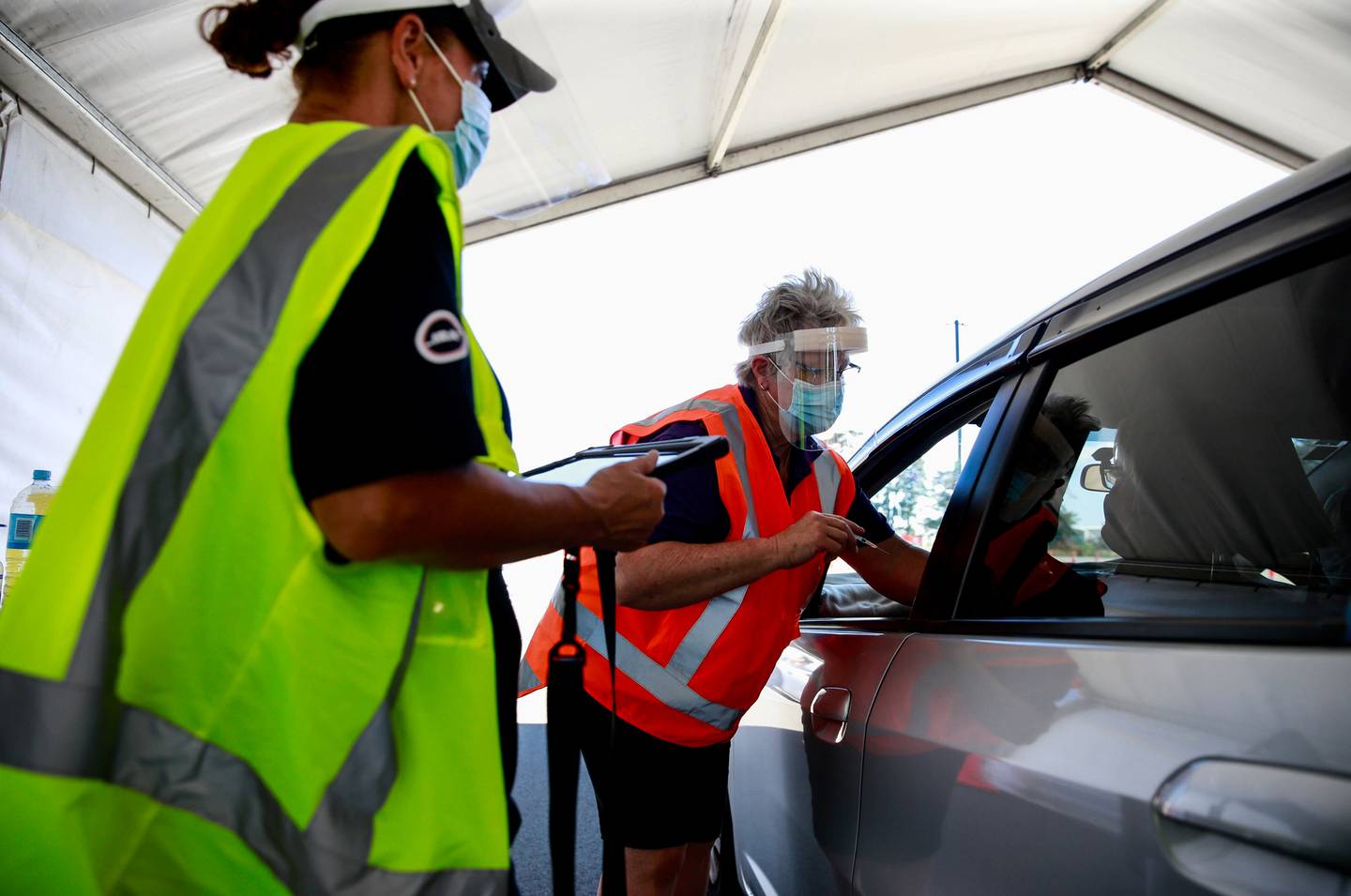
Auckland Airport park and ride drive through vaccination centre. Photo / Alex Burton
The ministry's statement went so far as to call on members of the public to make getting their booster shot a New Year's resolution.
Director-general of health, Dr Ashley Bloomfield, said speeding up the booster rollout is a key part of the response to Omicron.
From Wednesday (January 5), the time between when a person gets their second Pfizer shot and the booster will officially reduce from six months to four months.
From that day, anyone aged 18 years old and older who had their second vaccination at least four months ago can get their booster shot.
"The shorter interval means more than 82 per cent of vaccinated New Zealanders will be eligible for a booster by the end of February, 2022," Bloomfield said.
Bloomfield said more than 326,000 people who were vaccinated in the early part of the vaccine rollout had already got their booster jabs.
That equates to more than 70 per cent of people eligible to do so in 2021.
"I urge everyone who is eligible to get their booster as soon as possible to protect themselves, their whānau and the wider community."
Bloomfield went on to say that there was "clear evidence" that the Pfizer vaccine provides protection against Omicron.
"We also know that a booster dose with Pfizer provides better protection against the Omicron variant than the two-dose course," he said.
Take your Radio, Podcasts and Music with you



